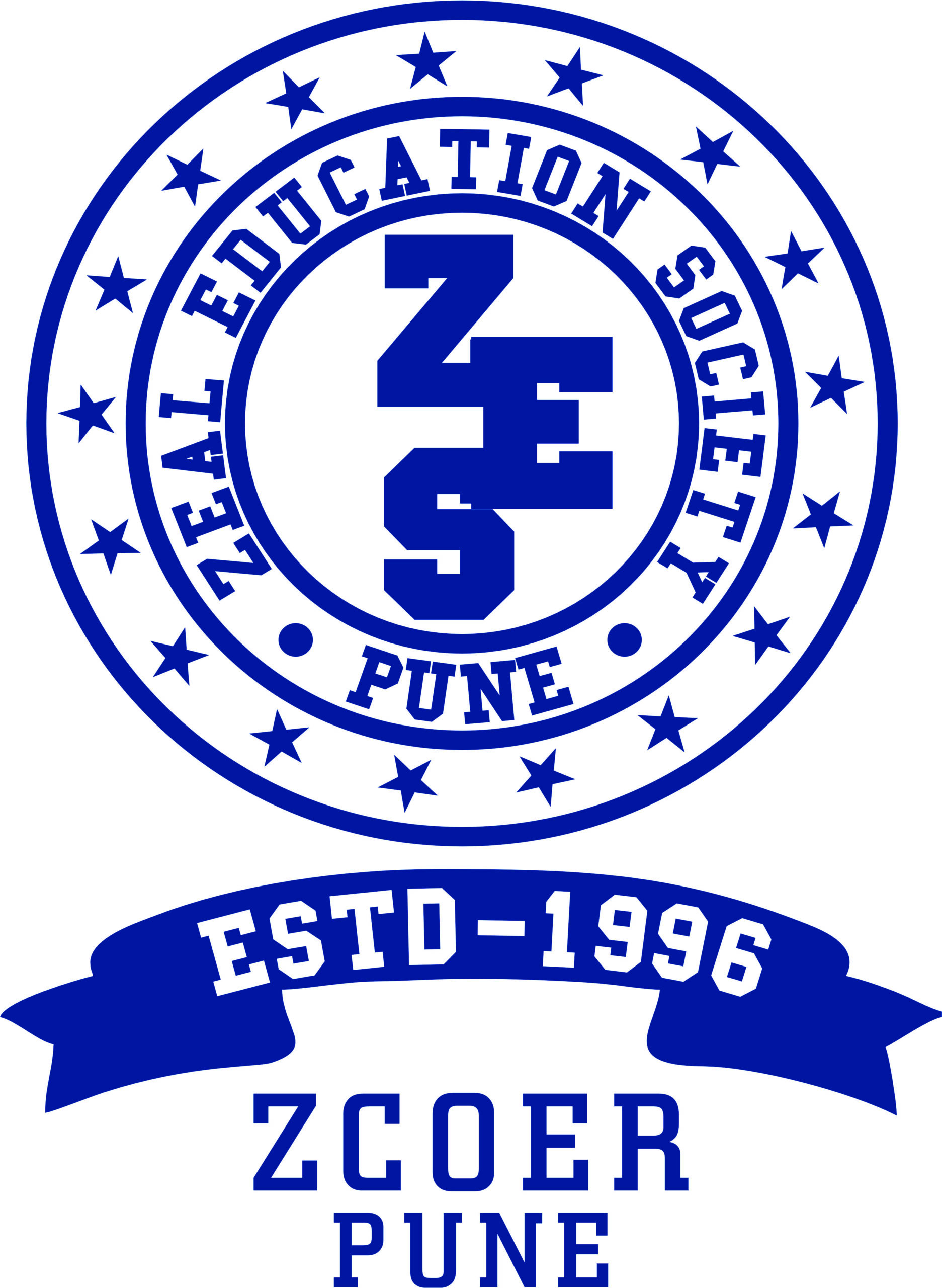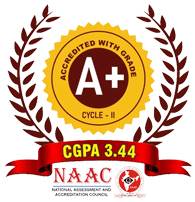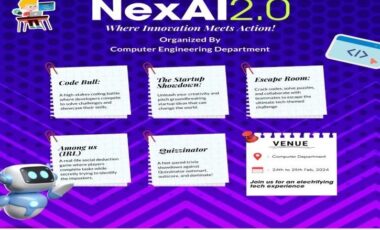Computer Engineering
- Computer Engineering
- About Department
- From HOD Desk
- Vision & Mission
- PEO & PSO, PO & CO
- Autonomy Constitution
- Faculty Profile
- Lab Facilities
- Innovations in Teaching – Learning
- Research & Publication
- Skill Development
- Faculty Achievement
- Students Achievement
- Student Association
- Placement and Internship
- Center of Excellence
- Life @ Computer
- Downloads
- Newsletters
Goals:
The primary goal of using Game Pedagogy in the Computer Engineering department at Zeal College of Engineering and Research, Pune, is to enhance student engagement, motivation, and problem-solving skills by integrating gaming elements into the teaching-learning process. This approach makes learning more interactive, enjoyable, and effective.
Use of Appropriate Methods:
To implement Game Pedagogy, faculty member’s use:
a) Gamification of Learning Activities:
- Points, badges, and leaderboards to encourage competition and participation.
- Level-based progression in coding assignments to simulate gaming levels.
- Time-based challenges to enhance critical thinking and quick problem-solving.
b) Educational Games Related to Computer Engineering Concepts:
- Programming-based Games: Platforms like CodeCombat and Codingame to make coding fun.
- Networking Simulations: Cisco Packet Tracer challenges for hands-on networking practice.
- Cybersecurity Challenges: Ethical hacking simulation games like Hack The Box.
- Puzzle-based Learning: Logical problem-solving activities to build analytical thinking.
Significance of Results:
The integration of game-based pedagogy has led to:
- Increased Student Engagement & Motivation – Students are more eager to participate and complete tasks.
- Improved Problem-Solving Skills – The interactive approach encourages students to think critically.
- Better Retention of Concepts – Gamified learning ensures better recall and application of concepts.
- Higher Attendance & Participation – Students show more interest in gamified classroom sessions.
Effectiveness:
a) Engaging Students with Content Area Vocabulary:
- Interactive quizzes with real-time scoring for theoretical concepts.
- Coding challenges where students progress by solving syntax and logic puzzles.
- Scenario-based learning games to understand complex algorithms and data structures.
b) Real-Time Student Performance Tracking:
- Leaderboards and performance dashboards help students track their progress.
- Faculty members provide personalized feedback based on student performance in games.
Application:
Game Pedagogy is applied across various subjects in Computer Engineering, including:
- Programming Fundamentals: Gamified coding platforms for C, C++, Java, and Python.
- Computer Networks: Interactive simulations for packet routing and network troubleshooting.
- Cybersecurity: Ethical hacking and penetration testing challenges.
- Data Structures & Algorithms: Algorithm visualization games for understanding complex logic.
Utilization:
- Used in classroom activities to increase engagement.
- Integrated into assignments and assessments through gamified problem-solving tasks.
- Applied in workshops and hackathons to encourage hands-on learning.
- Used in group projects to promote teamwork and collaboration.
Implementation:
a) Selecting Appropriate Game-Based Learning Platforms:
- CodeCombat, Codingame, and HackerRank for programming skills.
- Cisco Packet Tracer for networking simulations.
- Kahoot and Quizizz for interactive quizzes and real-time assessments.
b) Gamification of Coursework:
- Creating coding battles where students solve problems within a time limit.
- Badges and certifications for completing specific levels or tasks.
- Leaderboard rankings to encourage healthy competition.
c) Monitoring and Evaluation:
- Tracking student progress through performance analytics.
- Student feedback sessions to improve the gamification approach.
- Adjusting the difficulty level of games based on student competency.
Benefits:
- Enhances Engagement: Interactive and fun learning keeps students interested.
- Encourages Active Participation: Students learn by doing, not just listening.
- Boosts Problem-Solving Skills: Challenges and puzzles improve logical thinking.
- Supports Self-Paced Learning: Students can advance at their own speed.
- Prepares Students for Real-World Challenges: Gamified simulations mimic real-world coding and problem-solving scenarios.
Conclusion:
The adoption of Game Pedagogy in the Computer Engineering Department at Zeal College of Engineering and Research, Pune, has transformed the traditional teaching approach into an engaging, student-centered learning experience. By incorporating gamified elements, coding challenges, and interactive simulations, students have shown a higher level of participation, improved problem-solving abilities, and greater enthusiasm for learning. Moving forward, expanding game-based learning methodologies will further enhance the overall academic experience, making education more dynamic, fun, and effective.
Submit your review | |
1 2 3 4 5 | |
Submit Cancel | |




